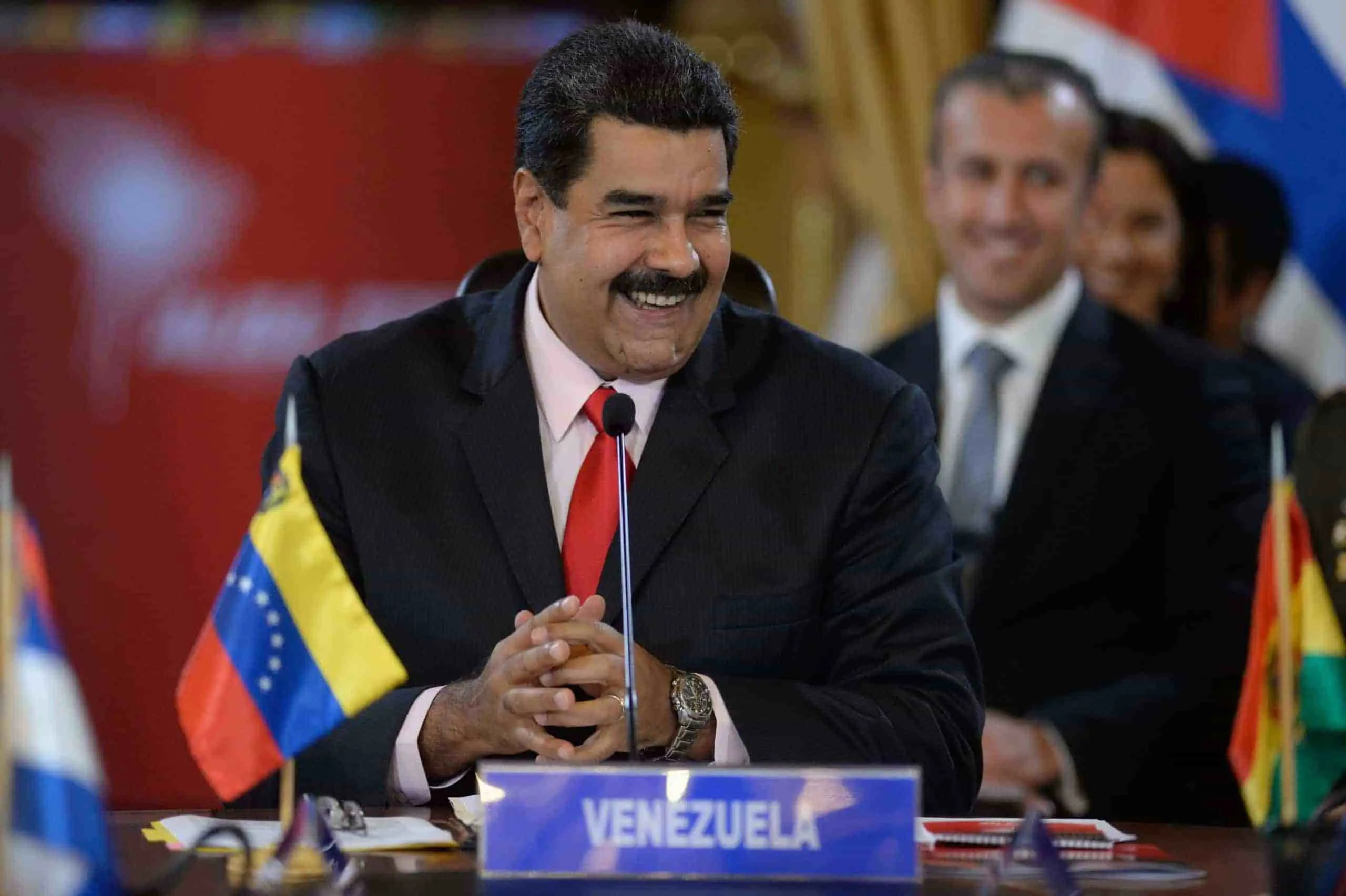Venezuelan President Nicolas Maduro started his second term in office by delivering a state-of-the-nation speech on Monday and delivered a few fresh ideas to help the increasingly isolated country escape hyperinflationary collapse or a further downward spiral in 2019.
His election to the second term was full of criticisms that he had used unfair practices in 2018 elections and many countries around the world disavowed the regime.
He proposed a gamut of economic reforms including a 300 percent minimum wage hike, dialogue with business leaders, and increased use of an inexistent state-backed cryptocurrency.
As per economists and analysts, the measures declared by Maduro will not have much impact on the economy which is already in bad shape.
Asdrubal Oliveros, director of Caracas-based consultancy Ecoanalitica, said that the measures were déjà vu, it would have no ability to drag the Venezuelan economy out of the deep crisis it is experiencing.
The economists of Venezuela, however, had low expectations from Maduro’s speech. Maduro has been not very prompt in bringing economic reforms in Venezuela, and his recent plan of hiking wage by increasing the money supply will only create inflationary pressure. The measure will have more negative impacts than positive.
The new minimum wage of 18,000 bolivars per month – around $ 6.70, is enough to sustain a small family but with rising inflation, the purchasing power will be negligible or less than what it was before. It should be reported here that Venezuela has experienced very high inflation in recent times.
On Monday, Maduro told the all-powerful pro-government Constituent Assembly legislature that his second term would bring about many changes and create a boom in the Venezuelan market. He also said that others misinterpreted him as the enemy of the private sector. He also welcomed private businesses and enterprises to work in Venezuela, and he assured of every possible support for the next six years.
Maduro said in a confirming voice that there should not be any doubt that Venezuela is triumphing and it would become great, prosperous, and socialist. Agreeing to his point, the members chanted, “That’s how one governs.”
Maduro got elected to the post in 2013. People could easily relate to him as he belonged to lower middle class in his earlier days being a bus driver. But, he became infamous on the allegations of forcefully taking the power of the country in 2018 elections. He faced international ire by cuts in foreign financing and few allies abroad.
Critics in the United States and Latin America, as well as political opponents at home, are stating Maduro as a dictator. They blamed Maduro for his incapacity to bring about changes on the economic front and caused political failure.
But he has always alleged that he was a victim of U.S.-led “economic war” aimed at ousting him from power.
It should be reported here that during his previous term the Venezuelan economy was halved its size due to widespread recessions and a shortage of food and medicine have forced around 3 million citizens to leave the country.
In August 2018, the government tried to bring many reforms like devaluing the bolivar currency and lifting the minimum wage and taxes. But, these steps are seen as very little owing to the degree of crisis it is going through.
Later in the last week, the country’s opposition-led Congress, Juan Guido, said in a statement that he would replace Maduro from power with the support of the military. Several leaders in Venezuela requested Maduro to arrest Juan and prosecute him for treason. The intelligence agencies detained him for a brief period.
Even with facing allegations of being a dictator, he termed Brazil’s new right-wing president, Jair Bolsonaro, as the Hitler of the modern era. And he also declared that he would never bend inform of someone compromising the prosperity of Venezuela.
